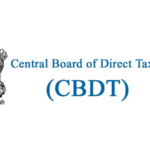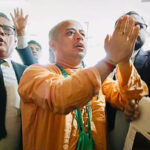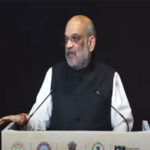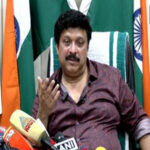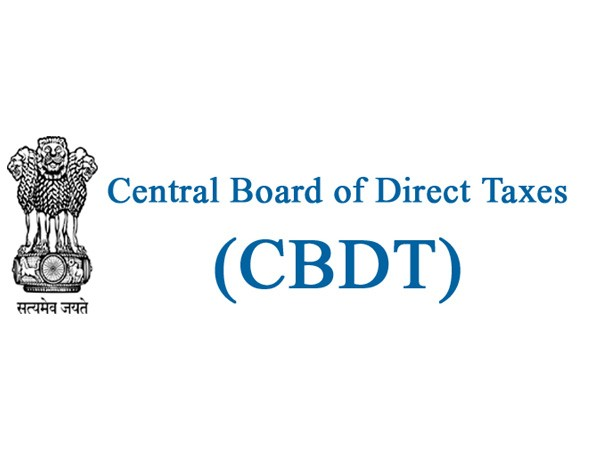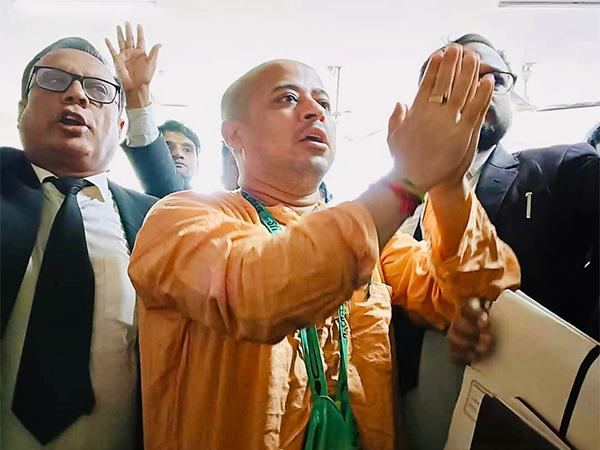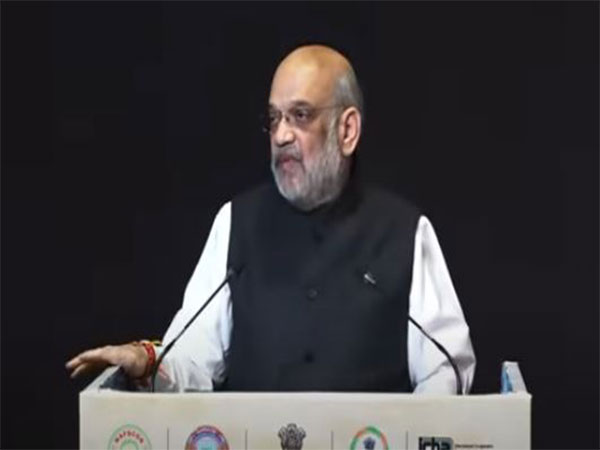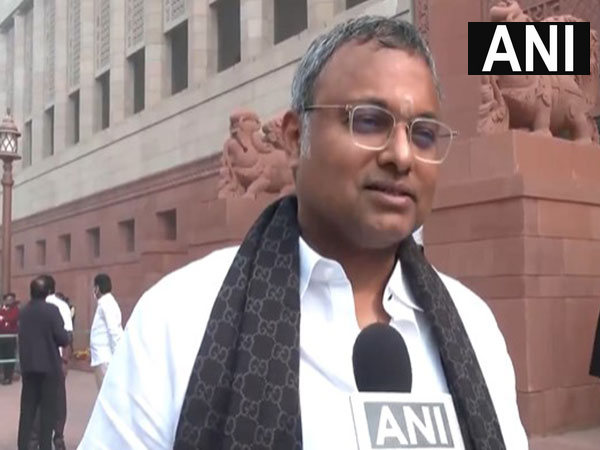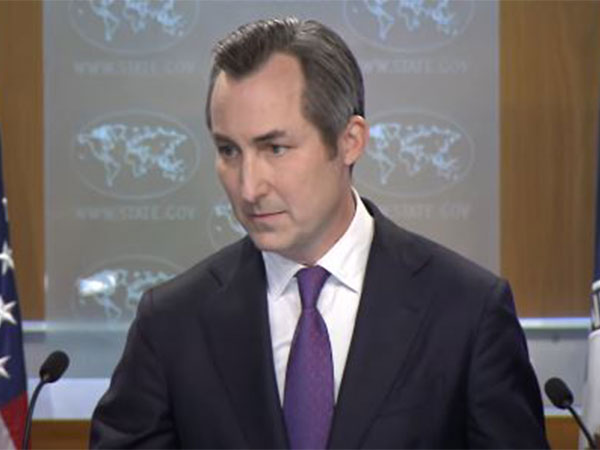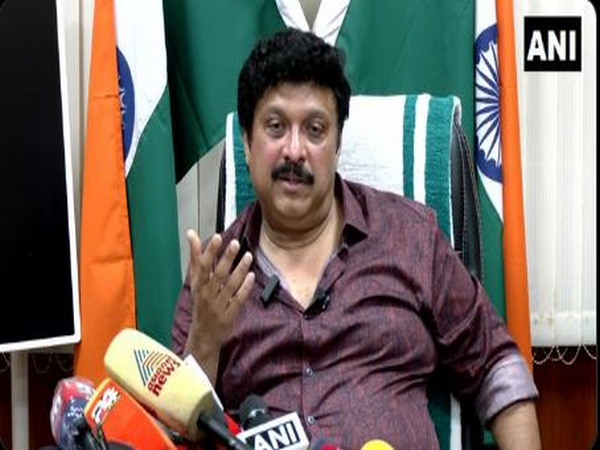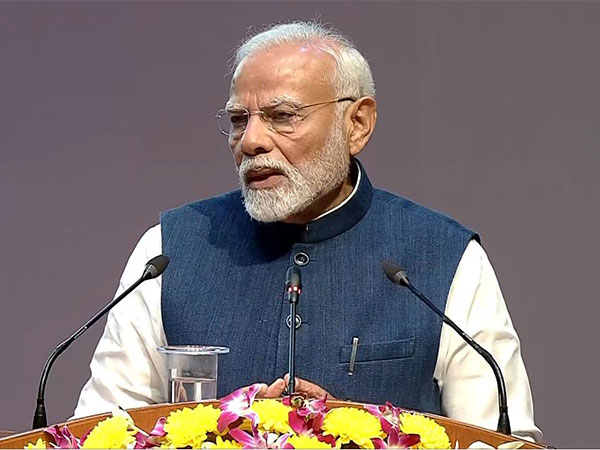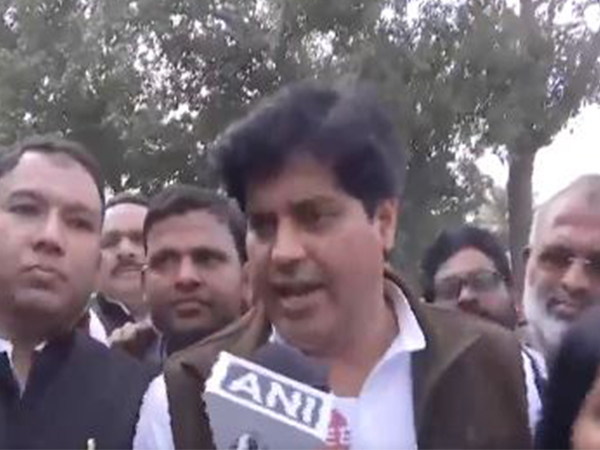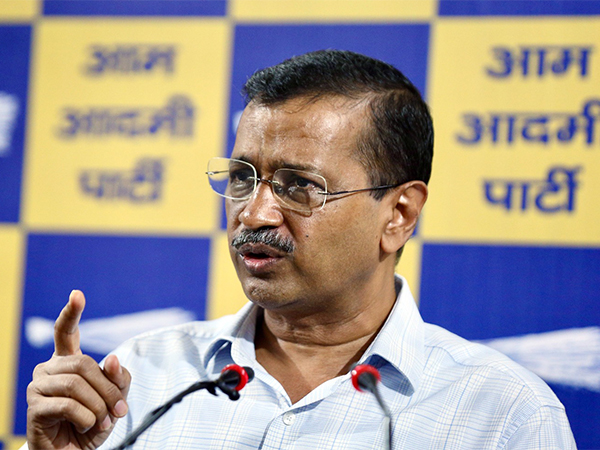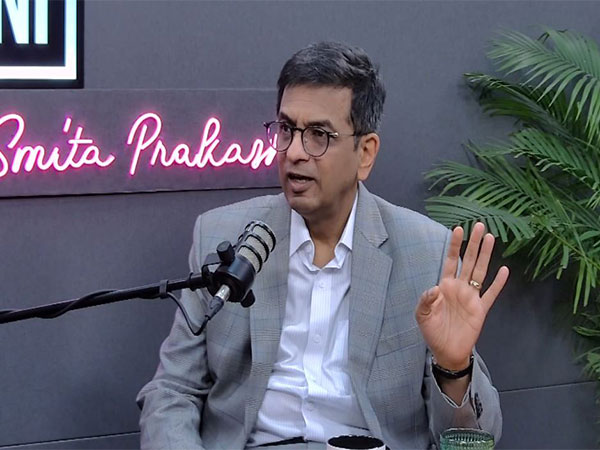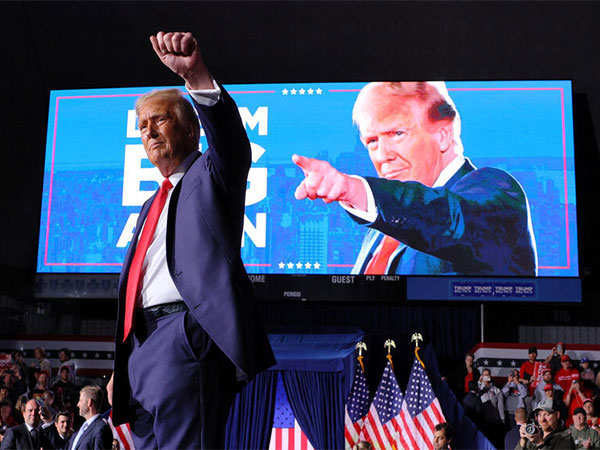
New Delhi [India], February 7 (ANI): Justice Anish Dayal of the Delhi High Court highlighted on Tuesday the looming challenges posed by artificial intelligence, expressing concerns about the credibility of evidence in the face of advancing technology. “We are at the threshold of a very interesting, complex, and difficult time where we may not be able to believe the evidence before us because of artificial intelligence,” Justice Dayal said while addressing the 3rd IP Excellence Awards and Conclave organised by ASSOCHAM.
“With the advent of AI, we are standing at the threshold of a very interesting, complex, and difficult time where we may not be able to believe the evidence that is presented before us,” he said. “The institution of the IP Division was a completely new era in IP adjudication as the Intellectual Property Appellate Board (IPAB) was abolished in 2021. The Delhi High Court on February 28, 2022, instituted the first Intellectual Property Division, putting an end to the long hiatus of lack of clarity. The IP rules allow us to have technical advisors advising us, which is an extremely innovative system, and the IPD of the Delhi High Court has adopted modern methods such as hot-tubbing, confidentiality club, video conferencing, electronic evidence, and transcription,” Justice Dayal said.
“In the first year itself, one thousand cases related to all elements of IPR were filed, and last year, 1300 cases were filed, comprising about 750 civil suits, about 300 trademark rectifications, and 51 patent appeals. As a responsible adjudication institution with a clear eye on disposals, in 2023, for the 1300 cases filed, we disposed of 1352 cases, reducing pendency. The setting up of the IP division by the Delhi High Court was also noticed by the Parliamentary Committee, which said that the IPAB doesn’t need to come back and more courts should open up the IPDs,” added the Justice.
Prof. (Dr) Unnat P Pandit, Controller General of Patents, Designs, and Trademarks (CGPDTM), GOI, in his address at the conclave said that 247 patents are filed every day, highlighting the confidence of industry and academia in protecting their intellectual property. Sixty percent CAGR growth has been recorded in the past nine years, which is remarkable growth, he pointed out.
During the last decade, 20 percent of patent filings are from inventions related to mechanical and 16 percent to chemical sciences, which is the next hotbed sector. In the last five years, we have seen a 247 percent growth in patent filings and a 151 percent growth in patent grants.
Uttar Pradesh has emerged as a leader in innovation, while Gujarat has maintained its share with consistent growth and promotion of IT-led innovation. We all need to commit ourselves to the role we are going to play in this Amritkal towards strengthening the IP innovation ecosystem for Viksit Bharat, he added.
John Cabeca, US Intellectual Property (IP) Counsel for South Asia, spoke on the need for cooperation not only in obtaining rights but also in enforcing those rights. “What are we going to do with emerging technology and AI as it continues to challenge our systems is a recurring theme today. We’ve had deep dialogue and shared our experiences on many issues, from patent and trademark opposition proceedings to IP enforcement, to quality examination, as well as on the copyright side and how we do copyright registrations, laying the groundwork for continued collaboration,” said John Cabeca.
“AI is challenging our systems in ways we never thought possible. And our governments are very much focused on making sure that we embrace this new technology, that we deploy AI in a way that also secures our own citizens, our own innovations, and that our privacy is not impacted,” Cabeca added.
Delivering a special address at the conclave, NR Meena, Sr Joint Controller of Patents and Designs, Indian Patent Office (IPO), said, “As we navigate the complexities of the global landscape, the role of intellectual property has become increasingly vital. It is not merely a legal framework; it is a catalyst for innovation, a shield for creators, and a cornerstone for economic development.” “Recent legislative reforms and policy initiatives underscore our dedication to creating an environment conducive to research, development, and creativity. A robust legal framework is the bedrock of a flourishing IP ecosystem, and we are committed to its continuous enhancement,” NR Meena added.
The 3rd IP Excellence Awards were also handed out during the conclave, honouring path-breakers and leading innovators in the IP ecosystem. (ANI)
